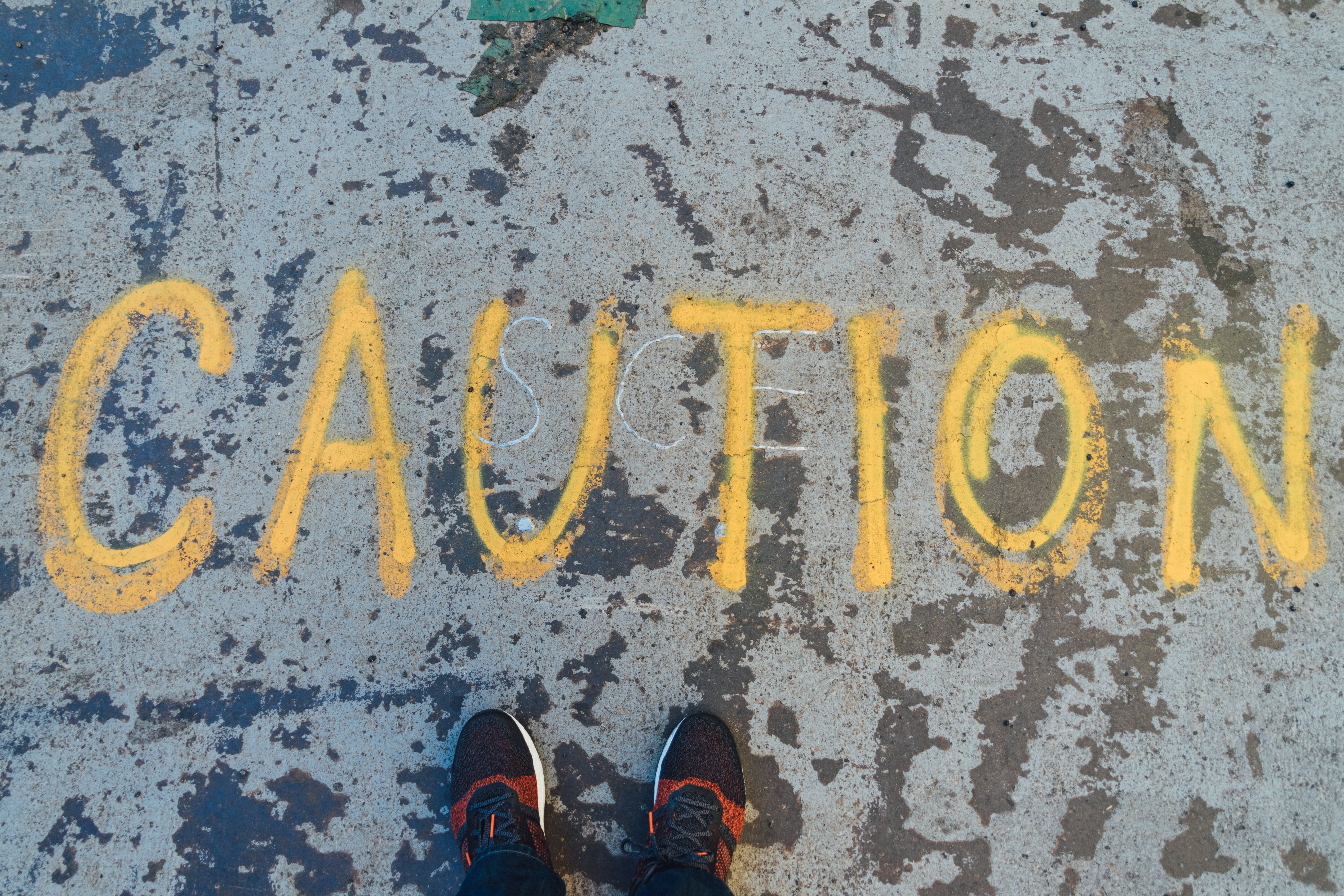Since the start of the Internet, there have been a lot of changes that enabled businesses to sell their products worldwide, and one of them is Google Translate service.
This is beneficial for most websites that deal with common topics like entertainment, music or film, but to the sites that use technical terms, this can actually cause damage to their reputation. 
One example of this is a website that is focused on selling audio equipment in the UK and trying to extend its reach in different countries – in this case in Romania.
As far as the website is concerned, the Google Translate service allows customers to read the information provided on the site, but the problem is that most customers won’t have the time and ability to go through Google Translate as this is not such a straightforward service.
In order to optimize the amount of time people spend on the site and increase sales, this particular company chose to have the entire site translated to the language of the target local audience/country through a specialized translation and localization service.
This also means that the company doesn't risk damaging its image by using bad grammar while trying to sell a product in a given country.
By translating the site with (a team of) human linguists instead of using a Machine Translation (MT) engine, the company makes sure that the language of the content is correct grammatically. This is also a means to ensuring that the terms make sense for the target market.
Google’s machine translation service provides the correctly spelled words, but as any language translator can tell you, they might miss out on the correct placement of words in a sentence, their endings, forms etc. This affects business reputation more than anyone realizes.
Take a look below:
Original text:
“We at ATL specialize in translation of technical terms for the Audio Industry.”
Google Translate Text in Romanian (used as an example):
“Ne-am specializat în ATL, în traducere din punct de vedere tehnic pentru industria Audio.”
This Romanian sentence translated back to English would actually mean:
“We have been specialized in ATL, in translation from a technical point of view for the Audio Industry.”
Correct translation in Romanian:
“La ATL, suntem specializati in traducerea termenilor technici pentru industria Audio.”
As a Romanian client looking to buy from this particular company, I would be less interested in doing business with them if I saw a translation like this, as this reminds me of the so-called Nigerian Scam e-mails that were sent to everyone.
This is just one of the many reasons to go for a technical communication service compared to going for a Google one that might damage your on-line reputation. Especially in the view of this Google policy:
“When you upload or otherwise submit content to our Services, you give Google (and those we work with) a worldwide licence to use, host, store, reproduce, modify, create derivative works (such as those resulting from translations, adaptations or other changes we make so that your content works better with our Services), communicate, publish, publicly perform, publicly display and distribute such content. (…) This licence continues even if you stop using our Services”.
For more info on Machine Translation (MT), make sure to visit the website of TAUS – Translation Automation Users Society. To learn how Google Translate works in detail, visit this website.
+1 857 777 5741 ext. 203 (business inquiries)
+1 857 777 5741 ext. 205 (career inquiries)
Trylinskiego 16, 10-683
Olsztyn, Poland
Copyright ATL 2025. All Rights Reserved.